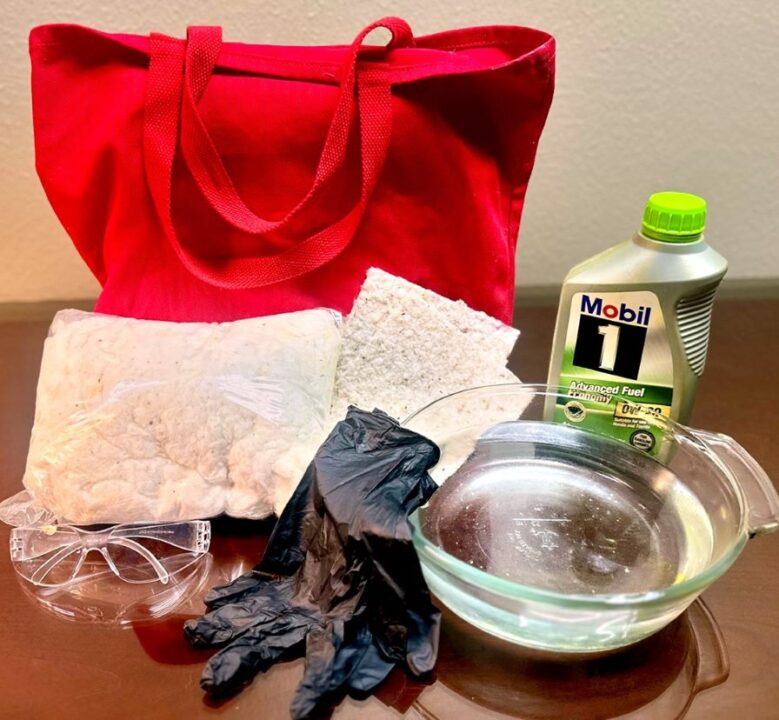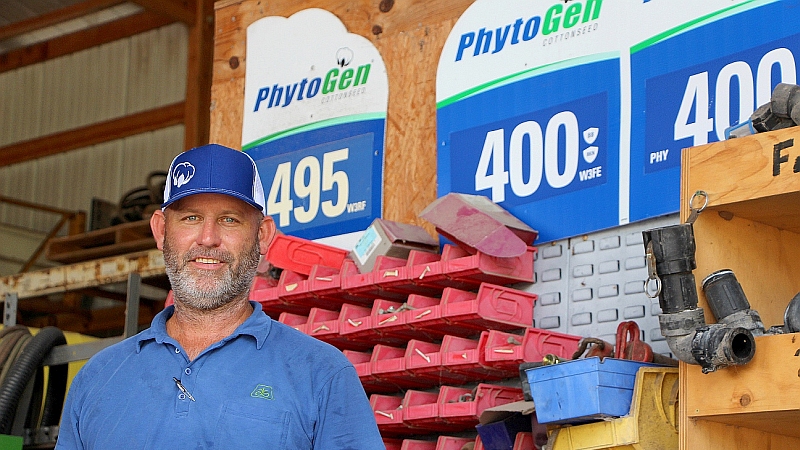FCStone Acquires Globecot For Rock Solid Performance In Global Cotton
Cotton merchants and international textile manufacturers could be the beneficiaries of a recent acquisition that unites a leader in commodity risk management with a global network of cotton information and consultancy. FCStone announced the acquisition of Globecot and The Jernigan Group in January, positioning itself for growth within the cotton and textile industries.
Last year, FCStone, an integrated commodity risk management company providing risk management consulting and transaction execution services, was one of the largest clearer of exchanged-traded cotton future contracts and executed 71.8 million derivative contracts in the exchange-traded and over-the-counter markets. The firm assists primarily middle market customers in optimizing their profit margins and mitigating exposure to commodity price risk. With the acquisition of Globecot and The Jernigan Group, FCStone will expand on its transaction service and its expertise in the energy and grain markets, as well as gaining access to China and other high-growth markets.
“FCStone was looking for a way to move beyond the transactional relationship and more towards consultative relationships. We have already done that in the grain and energy sectors, and it has worked wonderfully for us, so we wanted to find a way to do this in cotton,” said Candice Graham, FCStone cotton risk management consultant. “We looked at the market and found that Globecot had already done an excellent job building relationships within the industry, their business model matched ours, and their presence in the Asian markets was also a significant factor since that is a fast growing market for us. In the end, we thought there was more opportunity for both companies to work together.”
Ed Jernigan, Chairman and CEO of Globecot and owner of The Jernigan Group, said the alliance will form a symbiotic relationship that will capitalize on the strengths of each company. The teams at Globecot and The Jernigan Group will stay in place, and Jernigan will lead the cotton division of FCStone, primarily with expansion in Asia. With the acquisition, Jernigan sees growth for the company in both the cotton industry and in Asia.
“As far as Globecot is concerned, it has been a privately owned company with a few outside shareholders, and we never have had the capital to expand at the level that we wanted to, so now we will have the capital to move in those areas, particularly in India and China, to expand our operations on the ground with the textile mills,” Jernigan said.
“We are also excited about having the expertise available to us,” Jernigan adds. “One of the features of FCStone is risk management, and we want to take those services to the textile mills of China and the rest of Asia, because those textile mills don’t use any real risk management services. And risk management for those mills is a lot more than just cotton – it’s cotton, energy, foreign exchange – and FCStone will allow us to expand our consultant business significantly.”
Merchants, Mills Both Benefit
Anyone open to the price volatility of the cotton market can benefit from the wide range of FCStone’s risk management products, Graham said. She points out that while the traditional exchange-traded contracts benefit merchants and mills alike, FCStone’s more customized over-the-counter contracts can give greater protection tailored for clients’ specific needs.
“This will expand our over-the-counter offerings to the cotton industry – essentially, FCStone functions like an exchange. We anonymously pair our customers with various counterparties to create customized risk management products. The possibilities are really endless, because we are only limited by what two parties can come to an agreement upon,” Graham said. “Exchange traded futures and options certainly have their place, and I use them all of the time, but if there is a way for us to refine those products to better manage a customer’s buying or selling behavior, then why wouldn’t you?”
“Risk management is really about taking control of your business and protecting your margins, rather than allowing the whims of the market to define your success,” Graham continued. “So any company that is interested in taking a proactive stance in protecting their margins, we are interested in working with them.”
Captions (photos):
Ed Jernigan
Candice Graham








